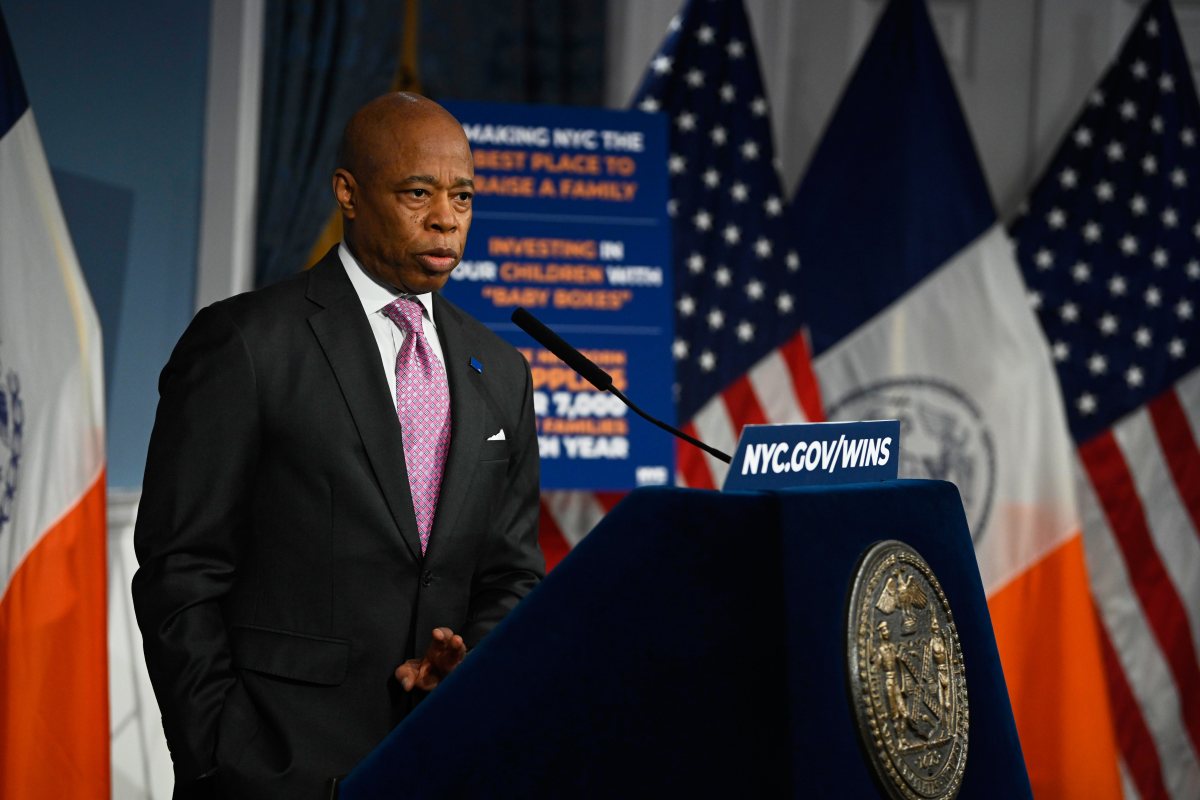Paloma Duran is director of the Sustainable Development Goals Fund
UNITED NATIONS, Jun 6 2017 (IPS) – Just last month business representatives from around the world joined the United Nations Sustainable Development Goals Fund commemorate their work as part of the Private Sector Advisory Group (PSAG).
For much of the last two years, the group has been collaborating with the Fund on how the business community can work towards the 2030 Agenda for Sustainable Development, UN’s roadmap to promote inclusive economic growth, social justice and environmental protection.
This group of businesses committed to sustainability has accomplished a number of goals since it was formed in 2015, including establishing a set of pioneering public-private partnerships in areas such as food security, education, and employment for women and youth.
The group has served as an important link between the business sector and SDG Fund partners to raise awareness about the SDGs, participate in research on public-private partnerships and promote best practices. Under our ongoing strategy, the group will intensify its work on advancing and advocating for greater inclusion linked to the goals and helping us widen our private-sector approach.
Advocacy and outreach
The PSAG continues to play a vital role in informing the SDG Fund on how businesses can better work with partners at the UN, particularly how they can improve people’s living standards and make investments that will create more jobs. It’s also become clear that companies are slowly embracing and adopting the Sustainable Development Goals in their strategies — working on projects that align with their core business and interest and adhere to a larger framework
In fact, the SDG Fund has engaged new private sector partners to generate a number of key initiatives, including the Food Africa Project in Nigeria, an innovative partnership between private enterprise, UN and government agencies, and renowned chefs that aims to alleviate poverty through food security.
At the SDG Fund, it is clear that companies are eager to think more expansively on their role in development, and business of all sizes are demonstrating that they can effectively incorporate SDGs as a part of their strategic planning.
There are a few signs that we are on track, especially as members of the Private Sector Advisory Group continue to provide valuable perspective about building new partnerships to eradicate poverty, achieve food security and improve nutrition, water access and sanitation. Since joining the group, many companies have successfully incorporated the SDGs into their work and sustainability reports.
For example, Nutresa and Sahara Group now report annual results and sustainability activities using SDG goals and indicators. More than half of the members are engaging with the SDG Fund to create public-private partnerships and working to design and co-create programs in the field. Equally encouraging is that new companies, like Intel have joined the group.
It is probably worth noting that a business as usual approach is no longer possible. Thankfully, the number of businesses interested in joining forces on the SDGs has been encouraging. Companies like Ebro Foods have used the power of social media to raise awareness about a new initiative that brings together philanthropists, governments and academics.
Other milestones include the engagement of UN Goodwill Ambassadors – the Roca Brothers. The master chef brothers have committed to bringing attention to the SDGs and using their expertise to advocate for enhanced food security and access to nutritious food. They are working with local partners to provide guidance on how to improve food industry and agricultural practices to protect the environment and create jobs.
In 2017, working with our public and private sector partners we have witnessed how companies have continued to deepen their knowledge of the SDGs, asking key questions and exploring how their organizations can contribute to the global development agenda. This has come to mean everything from devising innovative partnership agreements to investing in large-scale infrastructure or improving agriculture inputs.
In fact, if imitation is the sincerest form of flattery building on this group’s experience, some countries have drawn lessons from our success and began replicating the model and creating national versions of the group.
For example, Nigeria, recently launched a Private Sector Advisory Group. The private sector has come together to advise the government to share ideas across industry sectors and regions with the aim of creating a connective platform for more impactful and local-driven models and solutions to achieve the SDGs.
Projects in the pipeline
We believe there is a lot to do in the next 13 years, we know from our series of reports, there must also be more robust public-private collaboration across the UN to achieve SDGs start taking shape. We heard and we listed to companies as reflected in our “Business and the United Nations: How business can contribute to the SDGs,” which provided case studies and best practice advice for companies eager to engage in the SDGs.
A second report, “Universality and the SDGs: A Business Perspective,” put out this year was based on input from more than 100 companies during interactive workshops in Africa, Latin America, Europe and the United States. Looking forward, the SDG Fund is committed to bringing public and private institutions together to achieve development results.
Our private sector strategy has two objectives: to involve businesses in all of our 22 field programs and expand the reach of our global business advisory partners. We are also preparing a new report, taking a deep dive into how businesses can contribute to peace outlined as part of SDG 16 (Peace, Justice, and Strong Institutions).
As in much of our work, this will be a collaborative effort with the University of Pennsylvania Law School and McDermott Will & Emery LLP to analyze the links between inclusive growth, partnerships and peace.
As champions for promoting the SDGs, we also believe that policy, direction and action will be instrumental for setting the stage for SDG integration. We look forward to working with the private sector and continuing to explore ways to create an ongoing mechanism to boost cooperation and development through the SDGs in all industries.


























